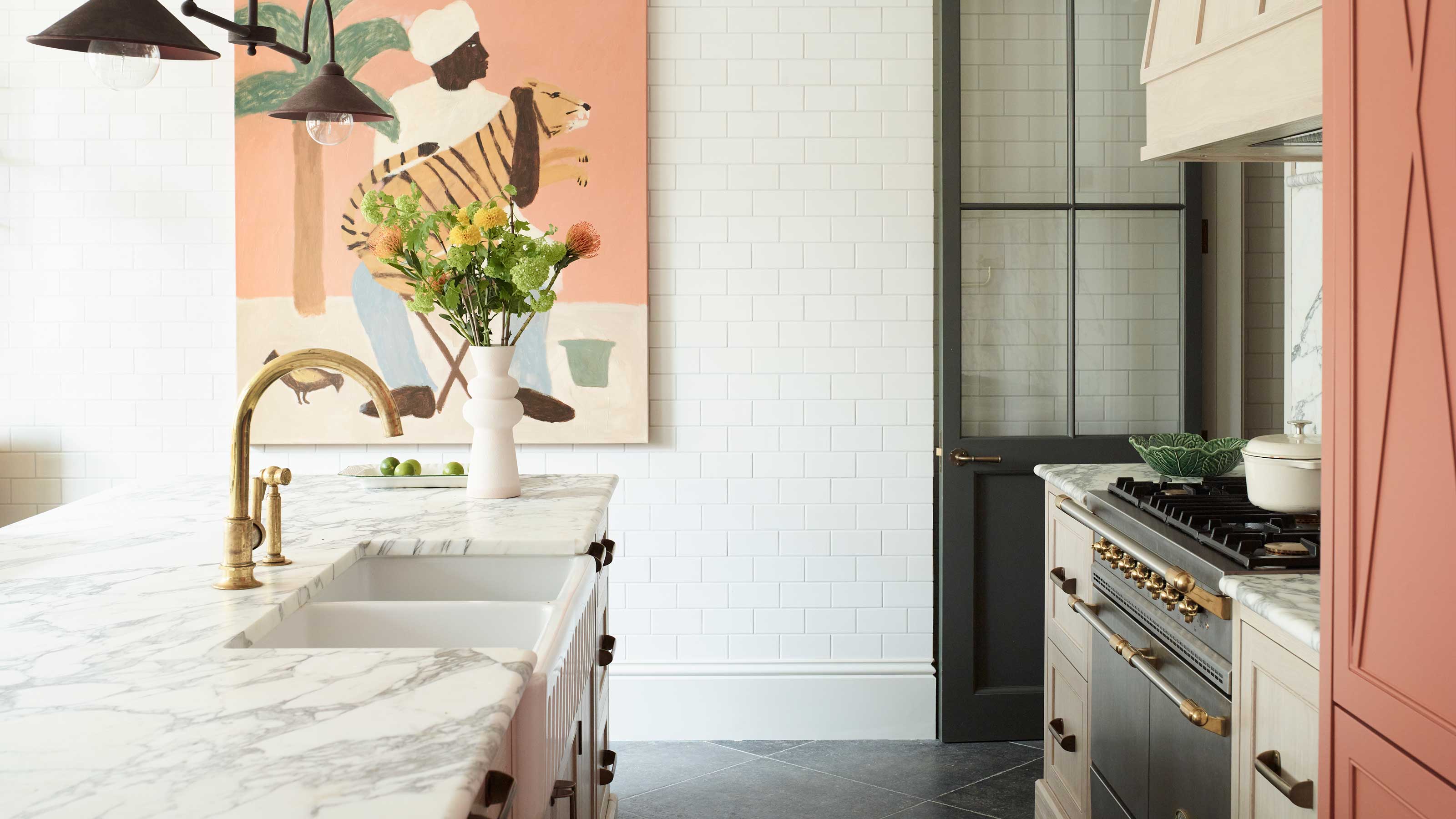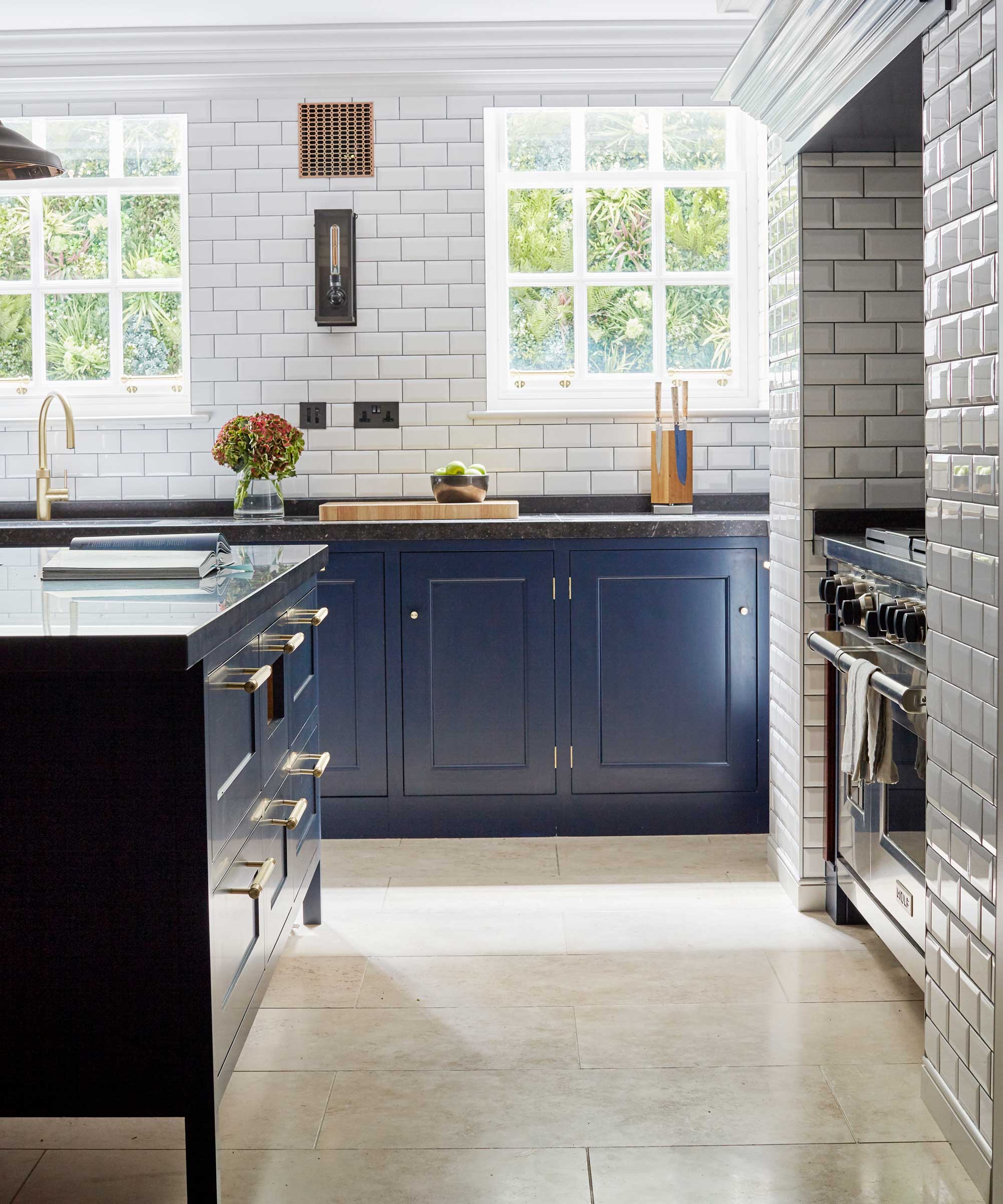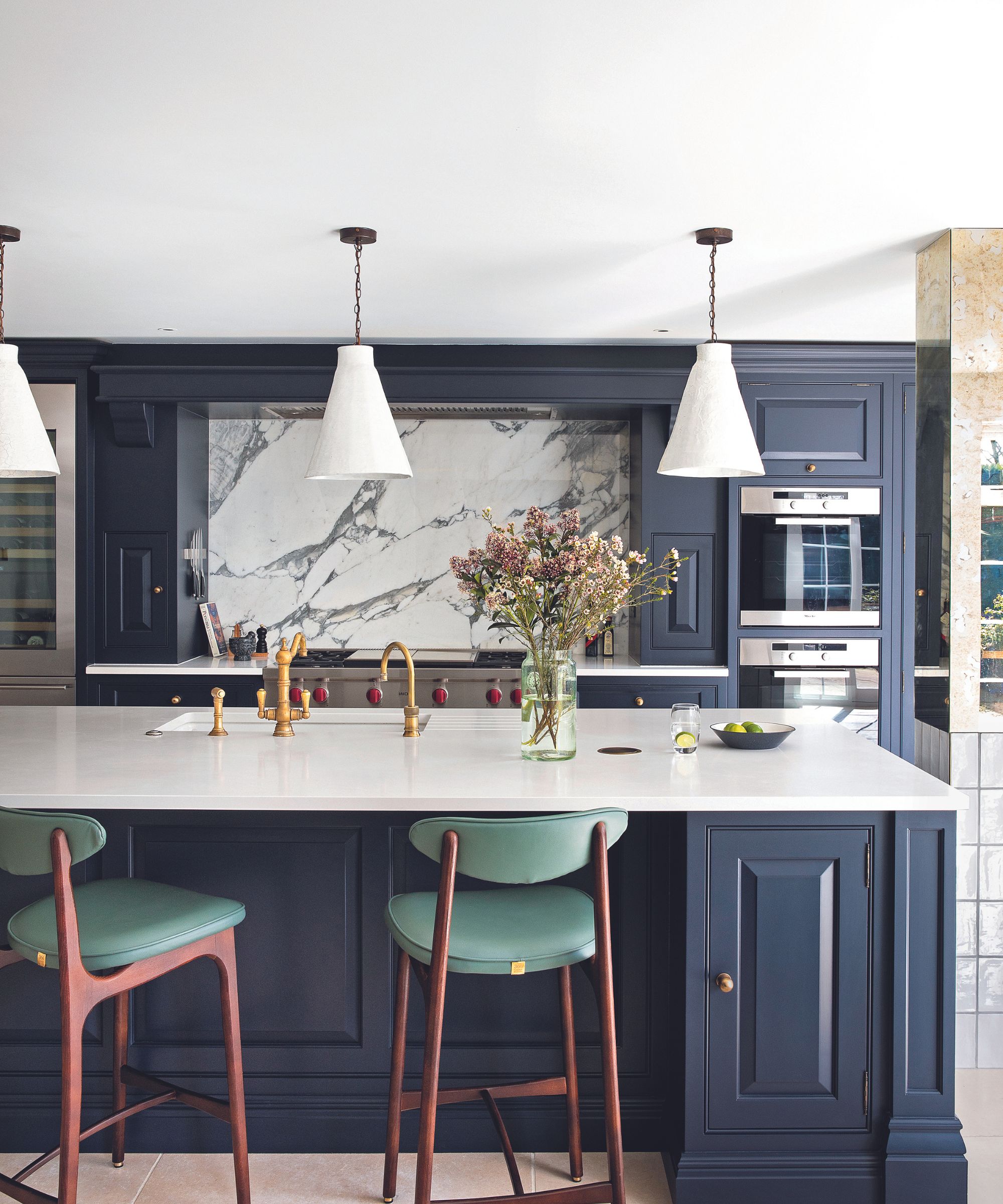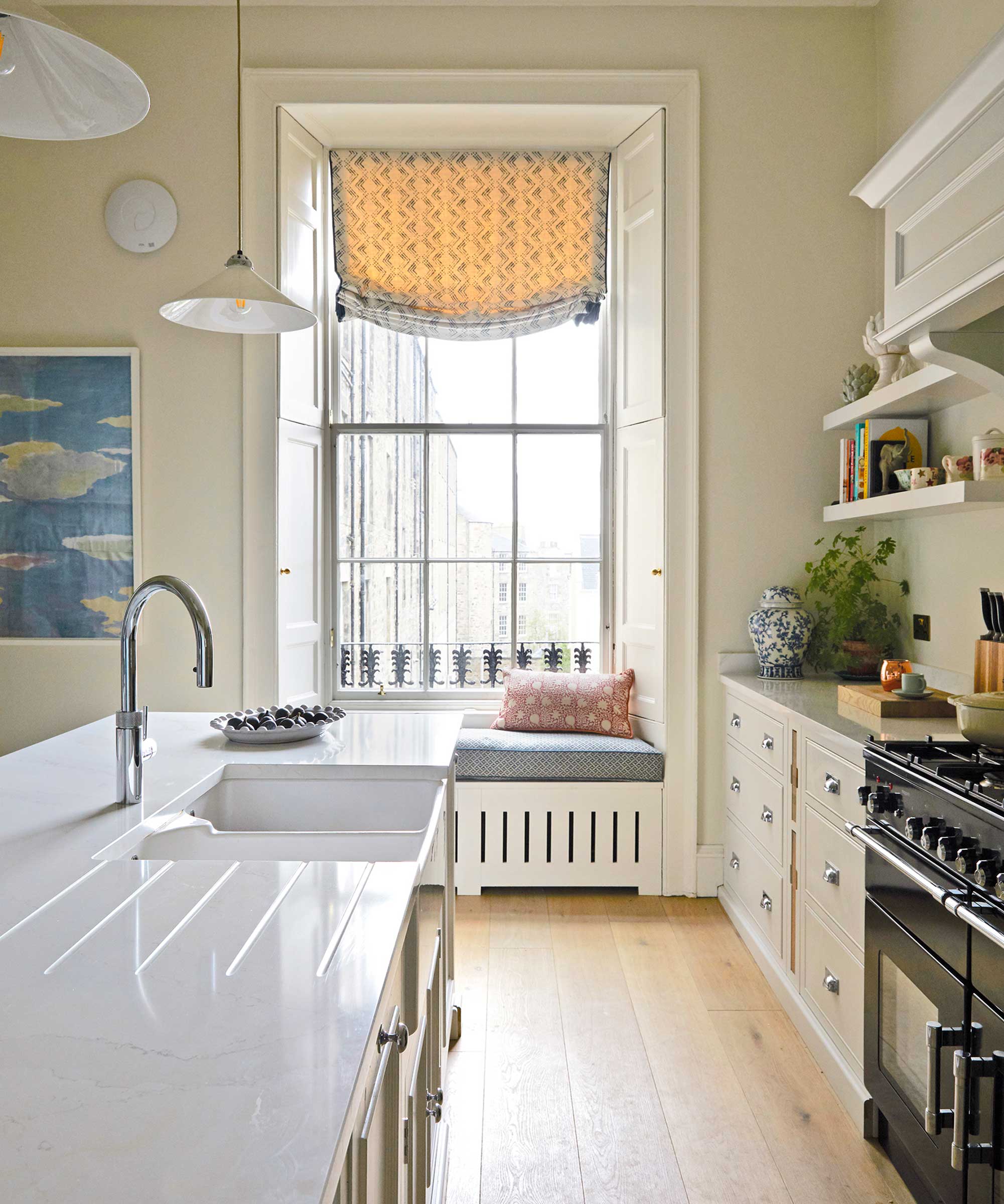
The kitchen is normally the first place in the house that gets overheated and stuffy during hot weather. Having a hot kitchen can be very frustrating as the kitchen is the hub of the home, used for socializing, cooking, and eating.
As well as making it harder to keep your whole home cool, periods of extreme heat present multiple challenges in the kitchen. As food is stored in this room, it is essential to stop it from overheating. Hot weather will shorten the life of pantry staples, have your refrigerator running on overtime and make your fruit bowl look rather sad.
It is important to be able to identify what is unnecessarily contributing to the heat. Changing your habits in the kitchen during excessive heat can help you restore this room to a cool and enjoyable space again.
Experts share 5 things that are making your kitchen extremely hot, and what to do instead
Experts reveal the reason why your kitchen is so warm, and how you can turn it around with 5 easy steps.

1. Lack of ventilation
According to Tommy Mello, a DIY expert from A1 Garage Door Service, ventilation is critical for maintaining a comfortable temperature in your kitchen. ‘If your kitchen doesn't have a well-functioning vent or range hood, the heat and steam from cooking can't escape,’ he says. ‘This significantly raises the room's temperature.’
Upgrading your ventilation system, or using one of the best fans on the market, can help in heat management and will reduce the temperature of your kitchen.
As well as cooling down a room with fans, try opening windows in other rooms, this will create an airflow that will help carry the hot air out of the kitchen, making it cooler.
2. Poor insulation
‘Your home's insulation doesn't just keep you warm in the winter,’ says Josh Mitchell, HVAC Specialist and Owner of Air Conditioner Lab. ‘It also keeps heat out during the summer. A poorly insulated kitchen can quickly heat up during a heatwave.’
Investing in proper insulation and considering energy-efficient window solutions can make a significant difference. You can upgrade your insulation by adding spray foam insulation, available at Amazon, in the walls, which offers excellent thermal resistance, and replacing old windows with energy-efficient double-pane windows that significantly reduce heat transfer.
You can also add weatherstripping around the kitchen doors to prevent air leaks. These combined improvements, despite being a significant investment, lead to a noticeable reduction in heat during the summer and lower energy bills.
3. Excessive use of lighting

Incandescent light bulbs give off heat, so try switching to LED or fluorescent bulbs, recommends interior designer Andrea Hundley. They are more energy efficient and will help keep your kitchen cooler.
As well as reducing the amount you have your lights on, invest in energy-efficient kitchen lighting fixtures to help keep the heat down. By opting for lights that require a lower voltage, they will in turn produce less heat.
4. Overusing appliances
‘The oven, stove, and even the toaster can substantially increase your kitchen's temperature, says interior designer David Mason. ‘Whenever possible, I recommend using alternatives, like grilling outdoors, using a slow cooker, or preparing cold dishes that don't require heat.
You can also invest in energy-efficient appliances. Choosing energy-efficient cooking appliances, for example, an air fryer, electric grill, or instant pot, can cook full meals without heating up the kitchen like an oven. This simple change can reduce the room's temperature significantly.
5. A lack of window treatments

One common mistake that leads to kitchens becoming too hot is a lack of window treatments.
‘Direct sunlight can quickly turn your kitchen into an oven,’ says Liz Yang, co-founder of Airsmartly. ‘Invest in blinds or curtains that can block out the sun's rays during the hottest parts of the day.’
Adding shades or blinds to your kitchen windows can help keep out direct sunlight, which will help reduce the amount of heat entering your kitchen. Try using light-colored fabrics as they will reflect more sunlight than darker colors. This way, you'll be able to keep the temperatures in the kitchen cool and comfortable.
Additionally, you can apply heat-reflective film to your windows to reduce the amount of heat entering your kitchen.
What temperature should a kitchen be?
The ideal room temperature of a kitchen is between 64 and 68 degrees due to the fluctuation in heat and humidity, and this is also the best temperature for a bedroom for optimum sleep. Hallways, landings and storage rooms can have a slightly lower temperature of between 59 and 64 degrees.
There are a number of ways that you are making your kitchen hotter, and this can be uncomfortable during the summer months. By following our experts, you will be able to cool down your kitchen and make it a more enjoyable space.







